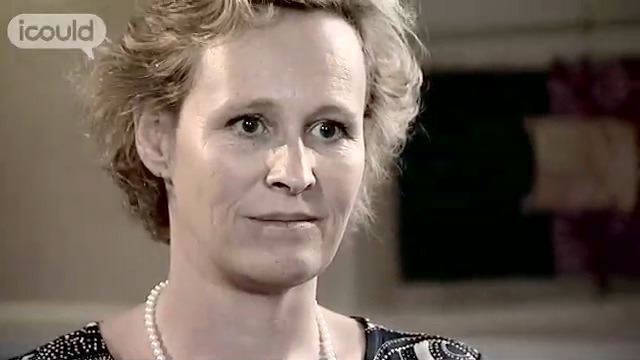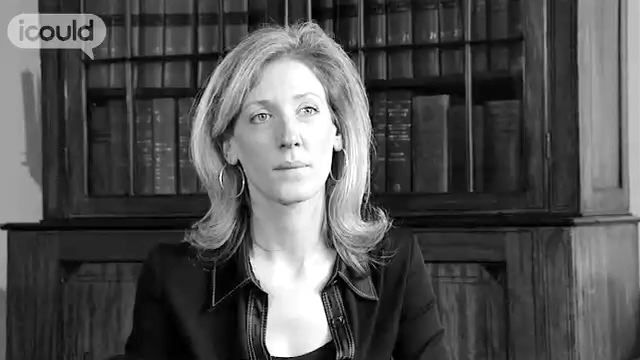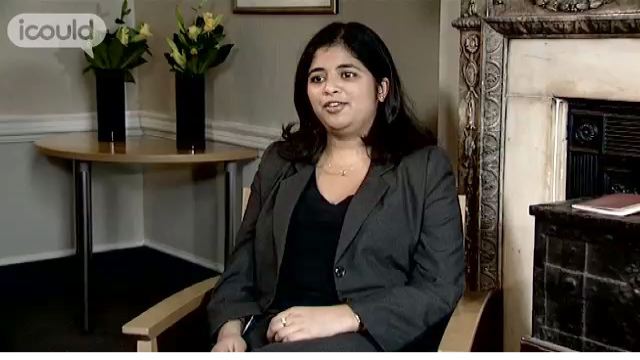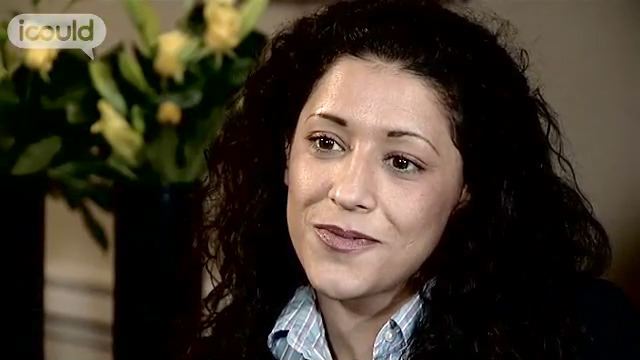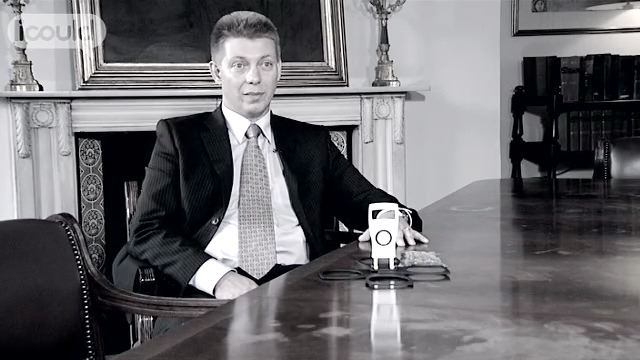Solicitor
Farrer & Co
Jeremy P
00:00:02 I’m Jeremy P. I’m now a Solicitor, but for 34 years I was a Barrister – practising independently as a Barrister. But last year I decided to leave the Bar, and to join a Solicitors’ Firm. And I re-qualified as a Solicitor, so I am now a Solicitor and a Partner here at the firm of Farrer and Co.
00:00:25 As a child I didn’t really know precisely what I wanted to do. I knew I wanted to be a lawyer, and it fascinated me, but I wasn’t sure which course I was going to take, whether I was going to become a Barrister or a Solicitor. Most of the time I did want to be a Barrister, but there were times when I was told, usually under parental pressure, that the Bar was a very risky profession, and the safe course was to become a Solicitor. I think being a Solicitor has the connotation of working in an office, being surrounded by files. Whereas the Bar – court, advocacy, cross-examination – certainly has, at least at first blush, the idea of a bit more fun.
00:01:10 And I suspect if I’m honest that was something that appealed to me. One of the things that I did wrong, was that I was quite headstrong, quite determined to become a lawyer, I wanted to qualify in a hurry, and in those days you didn’t need to go to University. And I didn’t go to University, I went to the – I joined my Inn of Court Gray’s Inn, I went to the College of Law, and I did my Barrister’s exams. I think I didn’t enjoy studying for the sake of studying, and I saw doing my Bar exams as a means to an end. And it was great fun, but I think I was mistaken not to go to University.
00:01:53 Becoming a QC was a source of huge pleasure. It sounds arrogant, but it is – it really is the high point for most Barristers, if they are fortunate enough, as many are, to become a QC. I think if I’m proud of anything in my professional career, it’s having been appointed a QC, and had a successful career as a QC.
00:02:21 Quite a lot of people when they’ve been at the Bar for as long as I had, and when they had got to a position of some seniority and expertise, decide to become Judges. And I came to realise that I didn’t want to be a judge fulltime, and then I realised that if I wasn’t going to become a Judge, I was going to be working as hard as I had been in recent years for quite some years to come. I thought it was time for a change, and I decided to change over to become a Solicitor. So I took the exam, and I gave up my Barrister’s Practising Certificate, and I was admitted as a Solicitor, and I now have a Solicitor’s Practising Certificate.
00:03:01 And that worked very well. I mean I’m happy here, it’s a good place to work. One of the greatest joys is I’ve got my weekends back. Barristers tend to work quite long hours, and I used to work most weekends, if not all weekend then part of the weekend. And now I hardly work at all on the weekends, that’s a big change.
00:03:21 The life journey is very different to the professional life. I mean I like to think that I have a distinct life outside my work, which is one of the reasons why I didn’t want to work quite as hard as I was working, didn’t want the grind of successive big cases. I spend a lot of time with my family. My children have grown up, married, left home, but still live close to us, and I think my family life, with my wife and my children, is much more important than my professional life. My personal and family life, and the pleasure it gives me, is the most important thing.
00:04:02 ENDS
Jeremy P is a Solicitor, but for 34 years he was a Barrister – “last year I decided to leave the Bar, and to join a Solicitors’ Firm… So I am now a Solicitor and a Partner here at the firm of Farrer and Co”. His one regret is that he didn’t go to university.
